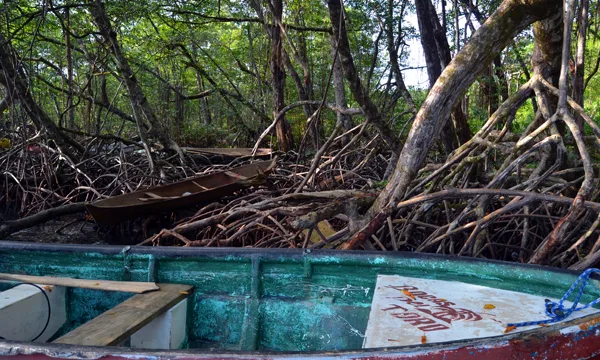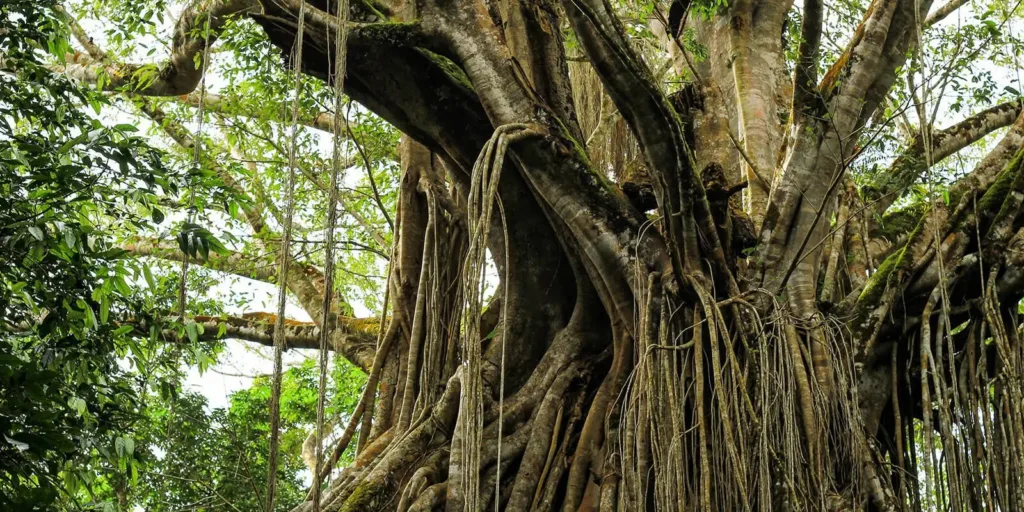Tourism Gone Wild
Bocas del Toro, Panama is a delightfully frenetic place. Each day, backpackers, surfers, cruise-ship patrons, retired couples, and beach-going revelers course through this island haven in search of sun, surf, and adventure. Here is where verdant forests meet ochre beach, cerulean water meets azure sky. Few places in the New World have seen as steep a rise in nature-based tourism as the Bocas del Toro Archipelago. It’s been only 16 years since I started my own doctoral research in the region, and coincidentally it’s only been 16 years since the first Lonely Planet publication on Panama came out. Because of the influence of tourism publications, Bocas has been one of the most prominent “on-the-radar” locations in the Caribbean.


Tourism often drives the economy in rural tropical places—it certainly does in Bocas. Scuba diving, sport fishing, surfing, jungle trekking, and beach-bungalow-renting are among the many opportunities visitors have. According to the United Nations World Tourism Organization (2012), tourism is the fastest growing and largest, unregulated industry in the world. As such, tourism can have far-reaching social, cultural, and environmental impacts, many of which remain hidden from ordinary view. Bocas is a place of spirited economic growth, but threats to natural and human systems abound. The SFS Center for Tropical Island Biodiversity Studies is uniquely positioned to investigate the consequences of an “industry gone wild.”


Bocas’ exploding tourism industry serves as a perfect laboratory to explore the impacts of tourism on the natural environment and fragile habitats of tropical island systems, as well as the human communities that depend on them. On SFS’ new summer program, Tourism and Island Systems: Assessment of Sustainable Practices, students will explore the many challenges facing tourism developers, natural resource managers, and community members: Is “greening” the tourism industry something that can be achieved in Bocas? Can it be achieved anywhere? What concepts do today’s planners need to consider to ensure the stability of a tourism-based economy? How does one balance the need of locals to make a living with the protection and stewardship of natural places?
SFS is now accepting applications for Summer 2016. You can learn more about the program here: fieldstudies.org/panama/summer


